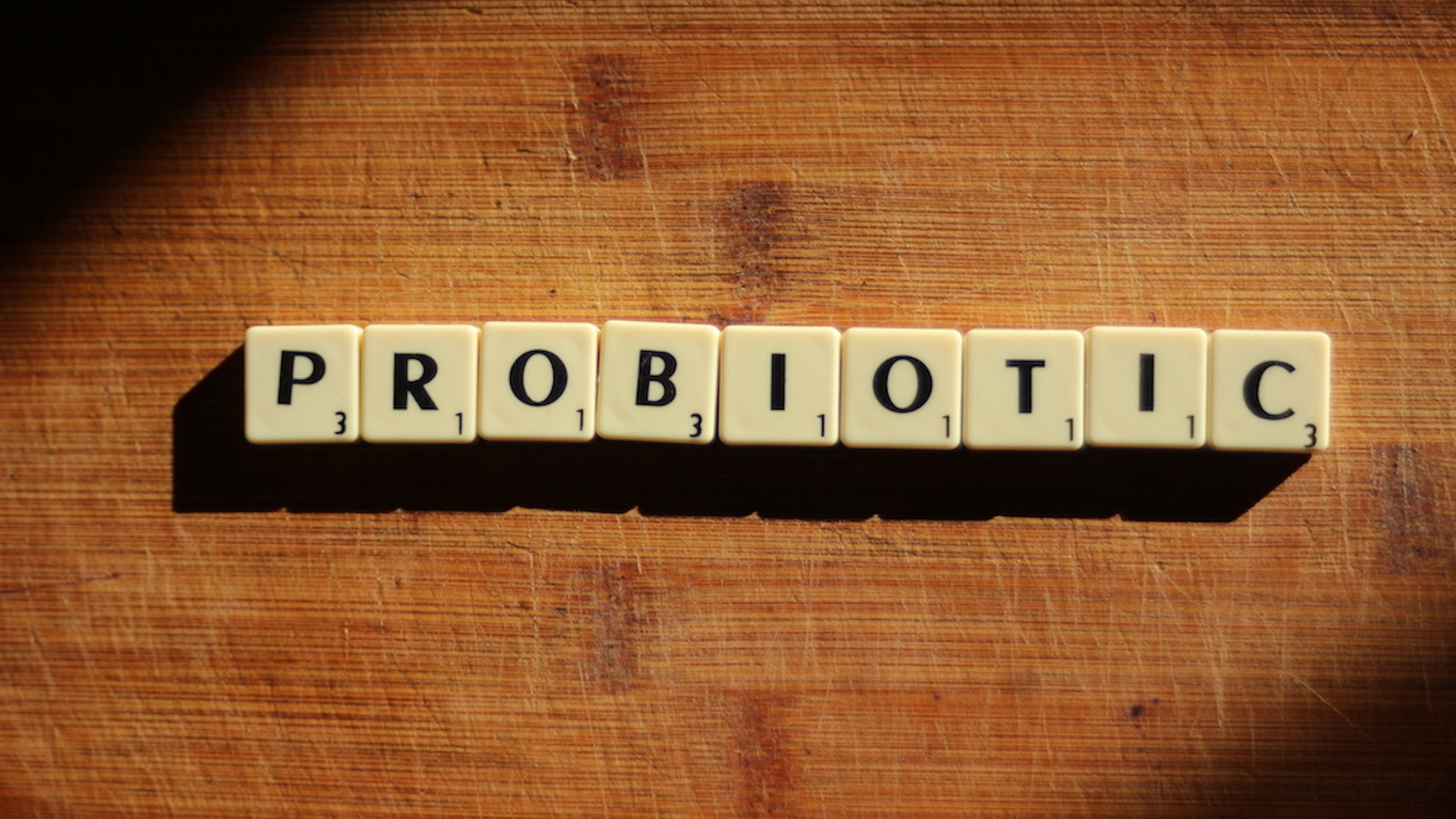Written by Dr. Brandon Rieders, Gastroenterologist
Probiotics are often recommended as a remedy for bloating, but do they really work? Research on the efficacy of probiotics for bloating is mixed. While some studies show that probiotics may help balance gut bacteria and reduce symptoms of irritable bowel syndrome (IBS), others indicate that the benefits for bloating are limited and may not be effective for everyone (Ford et al., 2018). It’s important to note that probiotics are just one piece of the puzzle.
For individuals struggling with bloating, Happitum offers an alternative approach. With ingredients like ginger, peppermint, and digestive enzymes, Happitum supports digestion directly by breaking down food more efficiently and soothing the digestive tract (Lee et al., 2016). These ingredients can be particularly beneficial for individuals whose bloating is related to poor digestion or gas buildup, rather than bacterial imbalances.
Rather than relying solely on probiotics, consider a holistic approach that includes natural digestive aids like Happitum to target the underlying causes of bloating.
References:
- Ford, A. C., et al. (2018). Efficacy of probiotics in the treatment of irritable bowel syndrome: A systematic review and network meta-analysis. Gut.
- Lee, J. H., et al. (2016). The effectiveness of peppermint oil on irritable bowel syndrome: A systematic review and meta-analysis. Journal of Clinical Gastroenterology.
- Higgins, P. D. R., et al. (2012). Probiotic treatment for gastrointestinal symptoms: A systematic review. American Journal of Gastroenterology.

